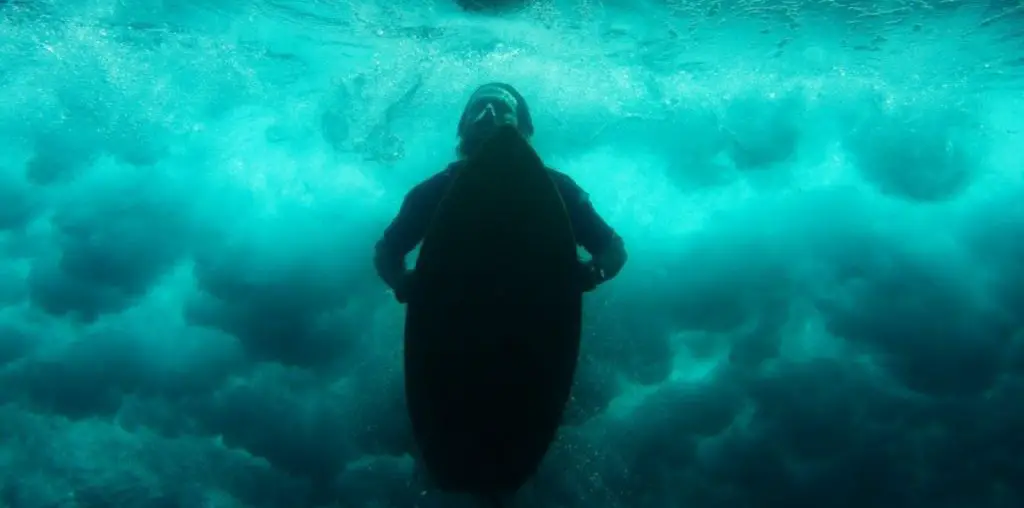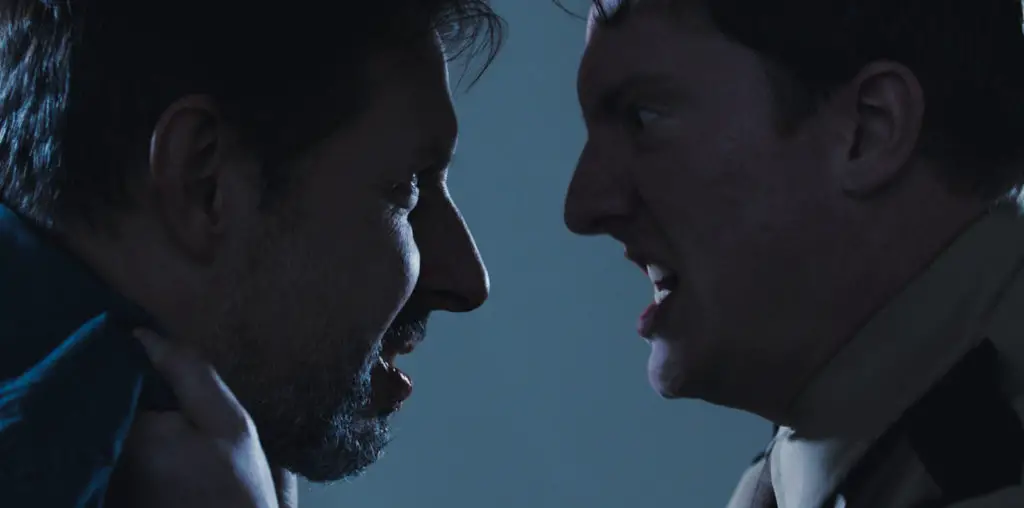
Criterion Collection films are generally easy to review, because the company focuses on classics or the best-of-the-best to begin with, so the majority of the time it’s not a matter of “is the movie good,” but are the extra features accompanying the film worth a watch too. Usually they are, and usually it takes a lot more than a single sit-down to immerse yourself in a proper Criterion Collection film viewing.
Which brings us to Terry Gilliam’s Fear and Loathing in Las Vegas, a film adaptation of Hunter S. Thompson’s gonzo journalism masterpiece. This is the type of film that takes more than a single sit-down to really unwrap and experience, so that coupled with the Criterion Collection multitude of extra content and… this is a week or more of cinematic study, my friends. And if you’re a cine-addict like myself (and I’m assuming that you are, if you already know what the Criterion Collection is), then this is a gift that keeps on giving.
Now, I didn’t own the original DVD edition of Criterion’s Fear and Loathing in Las Vegas, so I can’t speak with much authority about whether the one edition has more than the other, except by perusing the special features listings on Amazon. In other words, if you own the DVD, I don’t know if you need to own the Blu-ray… but you do need to own a copy of this film, and it might as well be the Blu-ray (my copy was, affectionately, a VHS tape).
While the film is, and should always be, the main draw of the purchase and collection, I personally adore the 1978 BBC Omnibus special Fear and Loathing in Gonzovision (or Fear and Loathing on the Road to Hollywood, as it is listed on the menu screen), a short documentary that focuses on a trip to Hollywood, by way of Las Vegas, for artist Ralph Steadman and journalist Hunter S. Thompson. If you ever wanted to know what it was like being around Hunter S. Thompson in person, this is as close as it gets… well, until you watch Wayne Ewing’s documentaries, like Breakfast with Hunter, which gives you even more insight. In fact, a short piece by Wayne Ewing about Thompson’s visit to the set of the film, Hunter Goes to Hollywood, is also included on this disc (though I do wish there was a collected Blu-ray of all of Ewing’s Thompson films)
The Blu-ray also boasts some great commentaries, including one by Thompson himself (and one with director Terry Gilliam and one with stars Johnny Depp and Benicio del Toro and producer Laila Nabulsi). And when you’re done watching the film for a fourth time (once to enjoy the film, three more times to enjoy the commentary), you’ve still got the BBC featurette, deleted scenes and more. Again, to really enjoy this is to take a week and change on it.


I’m very anxious to see Depp embody the good doctor again! Thompson influenced the past few generations with his invention of Gonzo Journalism. His work and antics will live on to influence even more generations to come. I paid tribute to the man and his work with my portrait and article on my artist’s blog at http://dregstudiosart.blogspot.com/2011/02/in-memoriam-hunter-s-thompson.html
Hi, I was referring to Breakfast with Hunter. I get what you mean about it, but I was disapponted by the project. Though well versed with HST, I still enjoyed the Gonzo doco more for whatever reason (perhaps it has a greater sense of narrative or something).
Great movie, but I’d have to disagree regarding Ewing’s doco. It’s pretty tedious and bloated and focuses mainly on some petty court case involving Thompson (a DUI or something?). I expected more from a doco that was shot – apparently – over a number of years. However the Gonzo one is really good. Very well constructed and featuring a fair amount of Depp.
TC, are you talking about the Hunter Goes to Hollywood short doc, or Ewing’s longer films like Breakfast with Hunter and Animals, W****s and Dialogue? Either way, I saw them as more of a portrait of a life as it was. Less explaining, more experiencing. I felt the Gonzo doc was great if you had no idea who Thompson was, but it didn’t go much beyond the “greatest hits.” Which, you know, works for what it was, but Ewing’s stuff has always felt more personal to me.